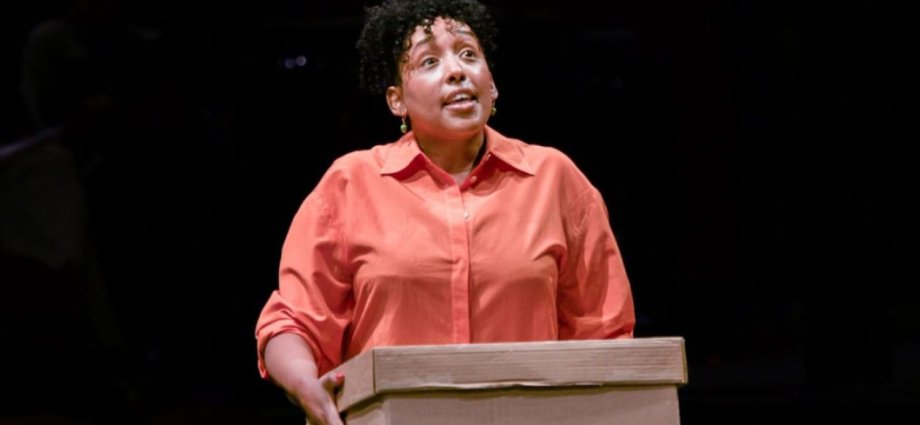A “masterpiece of forensic fury”, said Mark Lawson in The Guardian, this “verbatim” play is based on writer Gillian Slovo’s interviews with survivors of the 2017 Grenfell fire and the relatives of some of the 72 people who died in the tower block, excerpts from the public inquiry transcripts, and previous interviews. Staged with stark simplicity and exemplary control, it “piles up devastating detail” and “shockingly lays bare the abject failures” that led to the disaster.
What comes across most strongly, said Dominic Cavendish in The Daily Telegraph, is that the people who lived in the tower block “were viewed before, during and after the event as second-class citizens, their ethnicity and financial status held against them”.
I was worried that the play would be an exercise in “misery tourism”, or feel more like a “show of solidarity than meaningful art”, said Andrzej Lukowski in Time Out. In fact, it’s a theatrical “tour de force”. The first half is a “meticulous documentary-style explainer”, focusing on the “bargain basement” renovation of the block in 2015-16, and the fitting of the combustible cladding that let the fire spread. The second half details the survivors’ experiences of the blaze, intercut with the testimony of firefighters at the scene. I hope it’s not disrespectful to say that the upshot is a play that is at once “horrifying” and “edge-of-seat gripping”.
The piece is performed by its ensemble cast with a “quietly furious intensity”, said Nick Curtis in the Evening Standard. Slovo gradually shows how “deregulation, cost-cutting and commercial chicanery” made the disaster almost inevitable. She suggests that “these practices are embedded in the society we’ve built: we are all to blame”. This is a “heartfelt and important” piece, so it is a shame that it ends a bit awkwardly. Screening interviews with the people we’ve just watched being played by actors on stage slightly “undermines the point of making a play”. Then a final “moment of communion” between audience and actors “feels organised rather than organic”. Nevertheless, it is still “very moving”.
National Theatre, Dorfman, London SE1 (020-3989 5455). Until 26 August; nationaltheatre.org.uk











